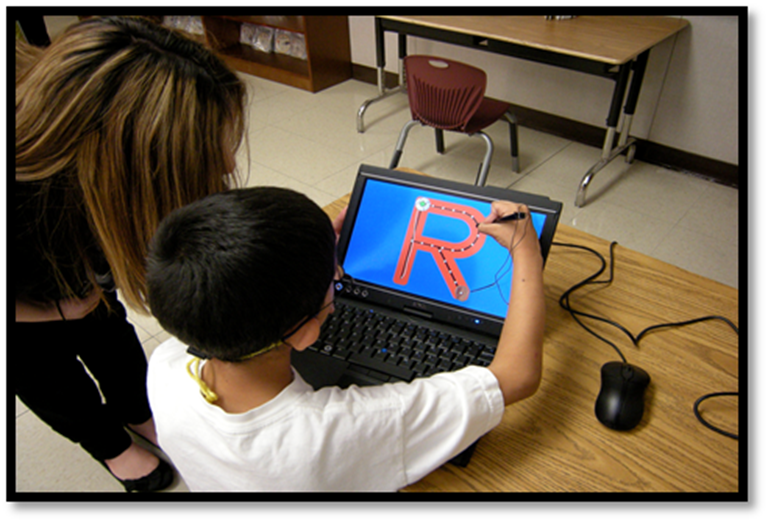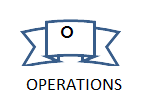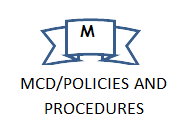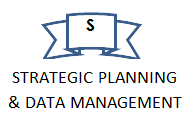Special Education Instruction
Page Navigation
-
Instruction Home
-
K-12 Instructional Programs and Supports
- Deaf and Hard of Hearing (DHH) Program
- Moderate/Severe Instructional Programs
-
Positive Behavior Support
- Contact Us
- Behavior Related Services
-
Trainings
- Functional Behavior Assessment (FBA) Training
- Online Behavior Intervention Implementation (BII) Service Tracking Course
- Online Classroom Management Modules
- Online Functional Behavior Assessment (FBA) Overview
- Professional Development for ED SDP Teachers
- Behavior Safety-Care Emergency Training (B-SET)
- Parent Resources
- FAQ
- Transitioning to Life After High School - DOTS
- Visual Impairment (VI) Program
-
K-12 Instructional Programs and Supports
- Inclusion
-
Effective Classroom Teaching and Learning: Supports and Services
- Access for All: Universal Design for Learning
- Accommodations, Modifications, and Instructional Supports
- Achieving Success: Exiting Special Education Support - Transition from High School
- Dyslexia Awareness
- English Learners and Students with Disabilities
- Extended School Year (ESY)
- For Parents, Students, and Families
- Intervening Early and Often: Multi-Tiered Systems of Support (MTSS)
- Learning Centers and the Resource Specialist Program
- Independent Charter Schools
- Early Childhood Special Education
- Least Restrictive Environment Support
- Private School Support
- Psychological Services Department
- Related Services
- Special Education Home Page
- Los Angeles Unified School District
- Related Services
Assistive Technology
-
The Individuals with Disabilities Education Improvement Act (IDEA) and California special education law require that students with disabilities participate in general education curriculum, assessment, and accountability measures. The IDEA and California law also require that Individualized Education Program (IEP) teams consider whether students need assistive technology services and devices when developing IEPs.

Assistive Technology relates to the tools required to maintain, improve, or increase functional capabilities to bridge the gap between student’s performance and the demands of the curriculum. Assistive Technology devices and services are defined in the IDEA as:- The term assistive technology device refers to any item, piece of equipment, or product system, whether acquired commercially off the shelf, modified or customized that is used to increase, maintain, or improve functional capabilities of a child with a disability.
- The term assistive technology service refers to any service that directly assists a child with a disability in the selection, acquisition, or use of an assistive technology device. This includes: evaluation; providing for the acquisition of AT equipment; selecting, designing, maintaining, repairing, or replacing the equipment; coordinating and using other therapies, interventions or services with assistive technology devices; and training or technical assistance for the child, family and other professionals who work with the child.
Although consideration of assistive technology does not mandate assessment, assistive technology devices and services are most often deemed necessary and provided in LAUSD after an assessment has been conducted by the staff at the student’s local school site, staff from the District’s assistive technology team, or both groups in collaboration. The multi-disciplinary team of professionals who work in the field of assistive technology within the Los Angeles Unified School District (LAUSD) is comprised of highly qualified general and special education teachers with specialized training and experience in the field of assistive technology (AT assessors), occupational therapists, physical therapists, speech and language pathologists, audiologists, deaf and hard of hearing teachers, and teachers of the visually impaired who work at the school site.
If assistive technology equipment is recommended, the local school site has primary responsibility to provide such equipment, with support from the assistive technology team as necessary, including short term equipment loans through the Assistive Technology Lending Library.Contact Information
Assistive Technology Program
333 S. Beaudry Avenue, 17th Floor
Los Angeles, CA 90017
Phone: (213) 241-6200
Fax: (213) 241-8435







